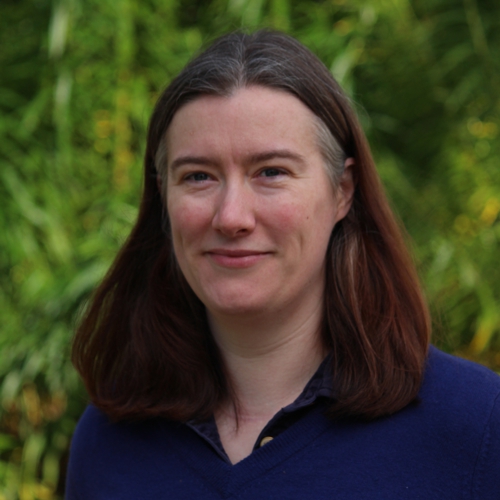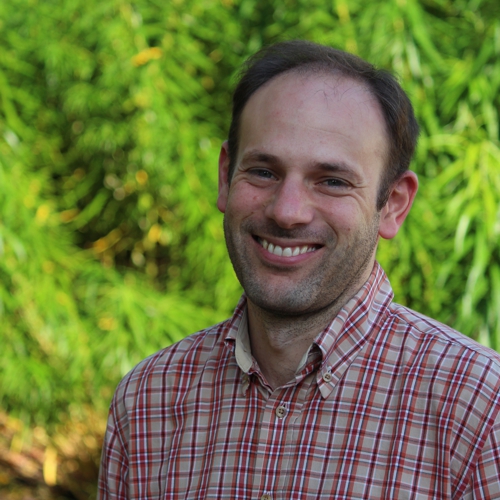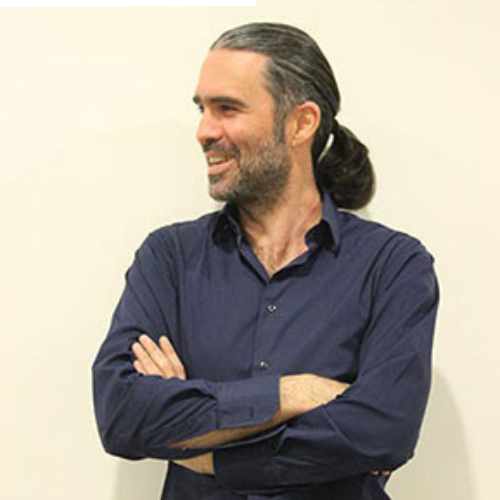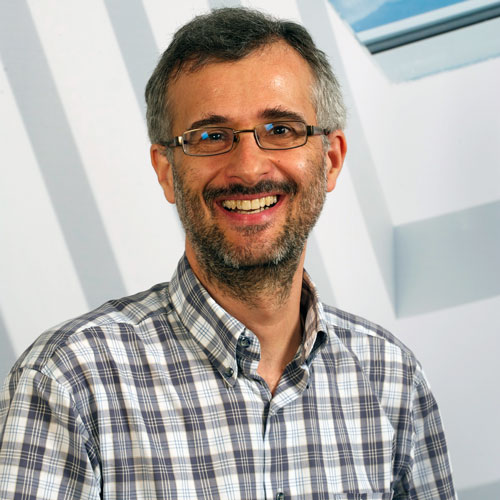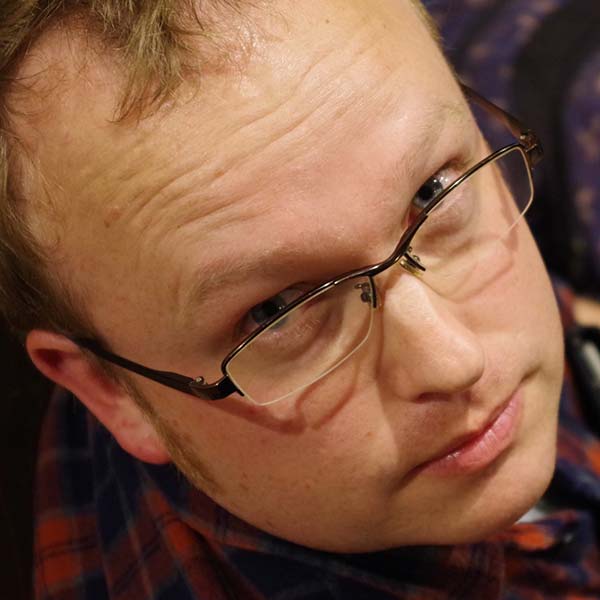The Adsorption & Porous Materials cluster deploys cutting-edge science and technology to address pressing challenges in adsorption processes, as well as in the design, synthesis, characterisation and application of porous materials.
Example materials include:
- natural & synthetic zeolites
- metal-organic frameworks/polyhedra (MOFs/MOPs)
- carbon aerogels
- cryogels
- bio-sourced and bio-inspired silica
- colloidal gels, pastes and nanocomposites
Our expertise combines experimental work with multi-scale modelling techniques, and covers the entire range of relevant time and length scales – from molecular interactions to process design and optimisation.
We deal with applications as varied as carbon capture, hydrogen storage, water treatment & remediation and sensing. We have know-how on a multitude of experimental and computational methods, including Monte Carlo and Molecular Dynamics simulations, volumetric and gravimetric gas adsorption equipment, liquid phase assessment (including rapid small scale column testing).
Many of our projects involve collaborations with researchers and industrial practitioners across the UK and internationally, and we run the highly successful Strathclyde Adsorption Summer School every year, where we train the next generation of adsorption scientists.
Our research has also inspired some highly engaging hands-on outreach activities ranging from ‘de-oranging’ IrnBru using porous activated carbons, to making and unmaking ‘nanojelly’ hydrogels.

